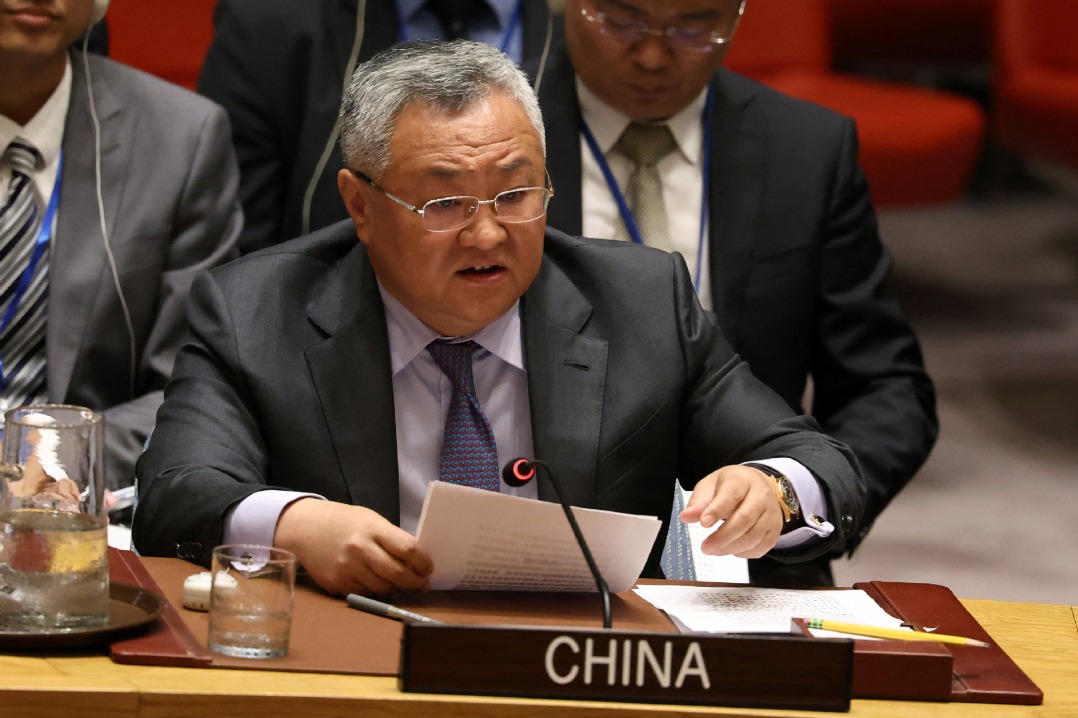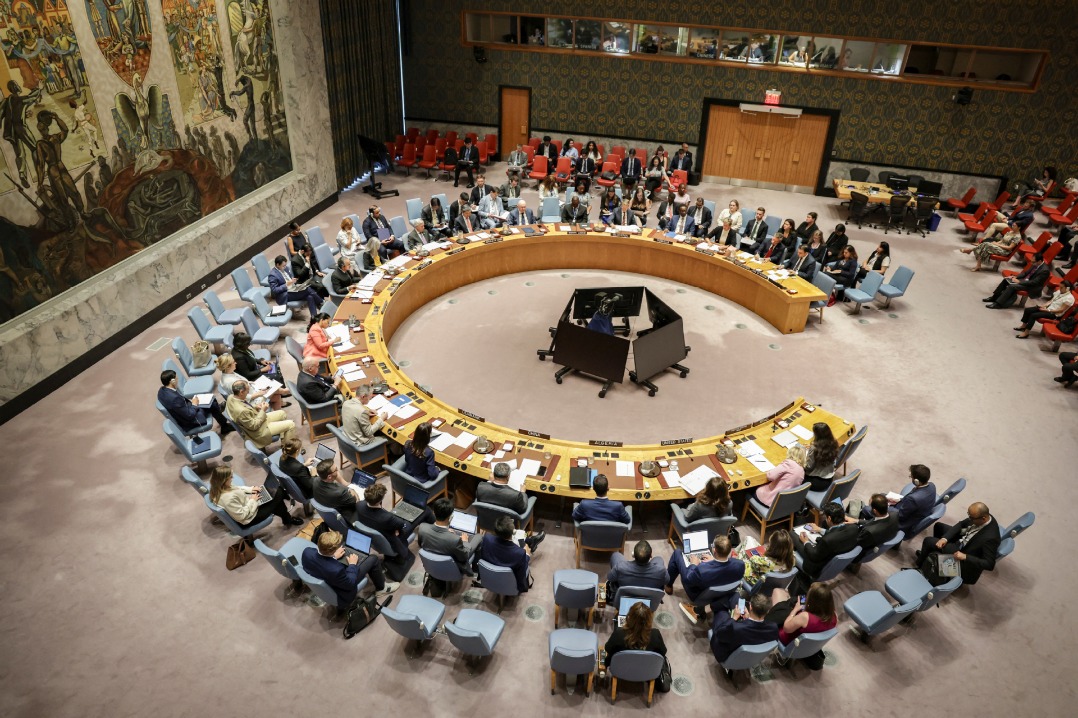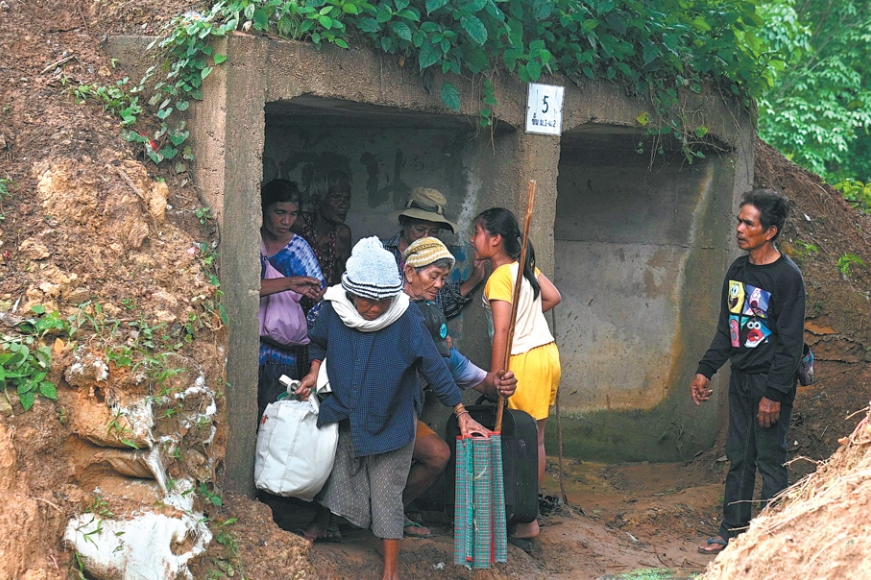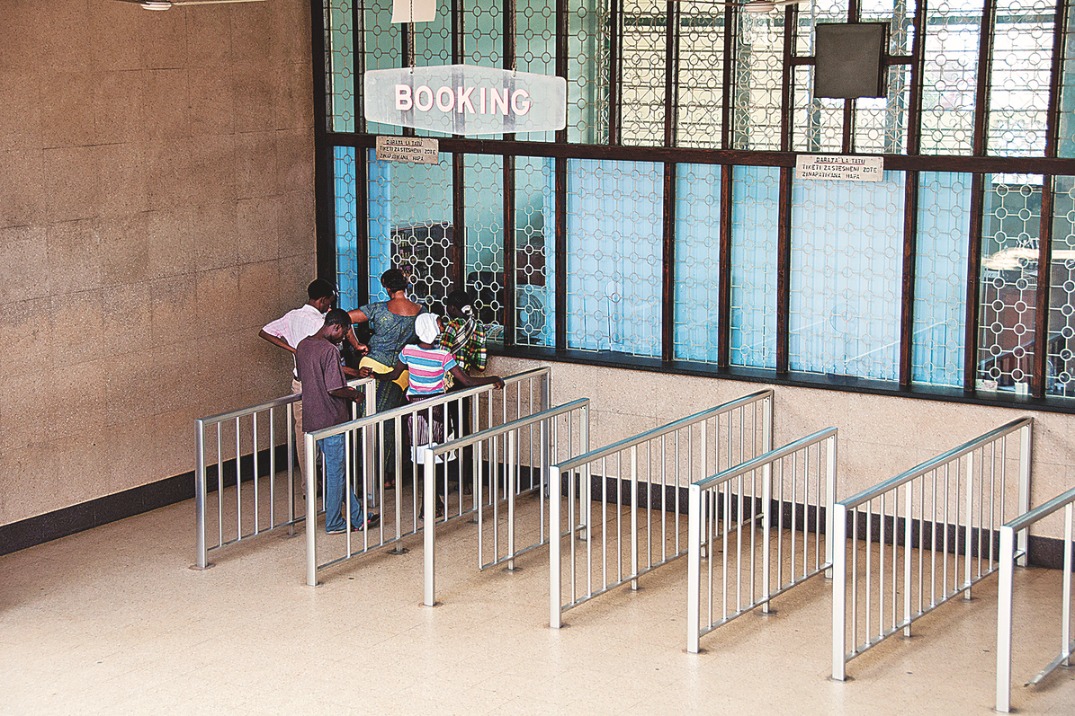BRI offers hope to the blind in Africa

Blindness and visual impairment have long bedeviled African nations with more than 26 million people in the continent having some form of visual impairment, according to World Health Organization statistics.
Though about 80 percent of blindness is preventable and treatable, WHO Africa said millions of people in the African region remain at risk of visual loss due to the lack of eye care services.
This is why the recently concluded Belt and Road Ophthalmologist Training Program is being hailed as an important step in improving Africa's professional skills and filling local demand for ophthalmologists.
He Wei, chairman of He Eye Hospital Group and doctoral supervisor of the training program, said if a poor family's breadwinner goes blind, it will exacerbate the poverty of the family. Blindness often leads to poverty in developing countries.
The Belt and Road program was started with the hope of leaving a permanent medical team for locals to help prevent blindness in countries involved in the initiative.
"In the course of training, we take into full consideration the national conditions of developing countries and impart innovative technologies that are highly applicable, as well as diagnosis and treatments suited to the national conditions of developing countries," He said.
The program, which ran between Aug 1 and 30, saw 28 trainers complete 44 courses with nearly 100 official trainees from countries including Zambia, Malawi, South Africa and Kenya.
'Beneficial' program
He said the program will be beneficial to Africa because cataracts are common on the continent due to hot weather and strong sunlight radiation, and the age of onset is earlier. Compared with China, the age of onset is nearly 10 years earlier.
"Due to the lack of local ophthalmic surgeons, lack of public health education and other comprehensive reasons, the operation rate of patients is very low. Many patients with eye diseases do not come to see a doctor until their vision is poor. This seriously affects their lives as they miss the best opportunity for treatment," He said.
Through the training, it is hoped that participating African countries can take advantage of and learn from China's use of technology to prevent avoidable blindness caused by ophthalmological complications.
China's success is shared with participants and He said the training is a priority for his team in the next three to five years in the Belt and Road Initiative countries. The training was held online due to the COVID-19 pandemic, but He said they plan to expand to field teaching in Africa and other countries involved in the BRI going forward.
The program also includes a specially arranged "Online China Vision Tour" with the main purpose of telling the story of China in academic exchanges through cultural exchanges to further promote understanding and friendship.
Through the vision tour, participants experience six virtual tours which take them through the different cultures, history and natural landscapes of five cities in China.

































